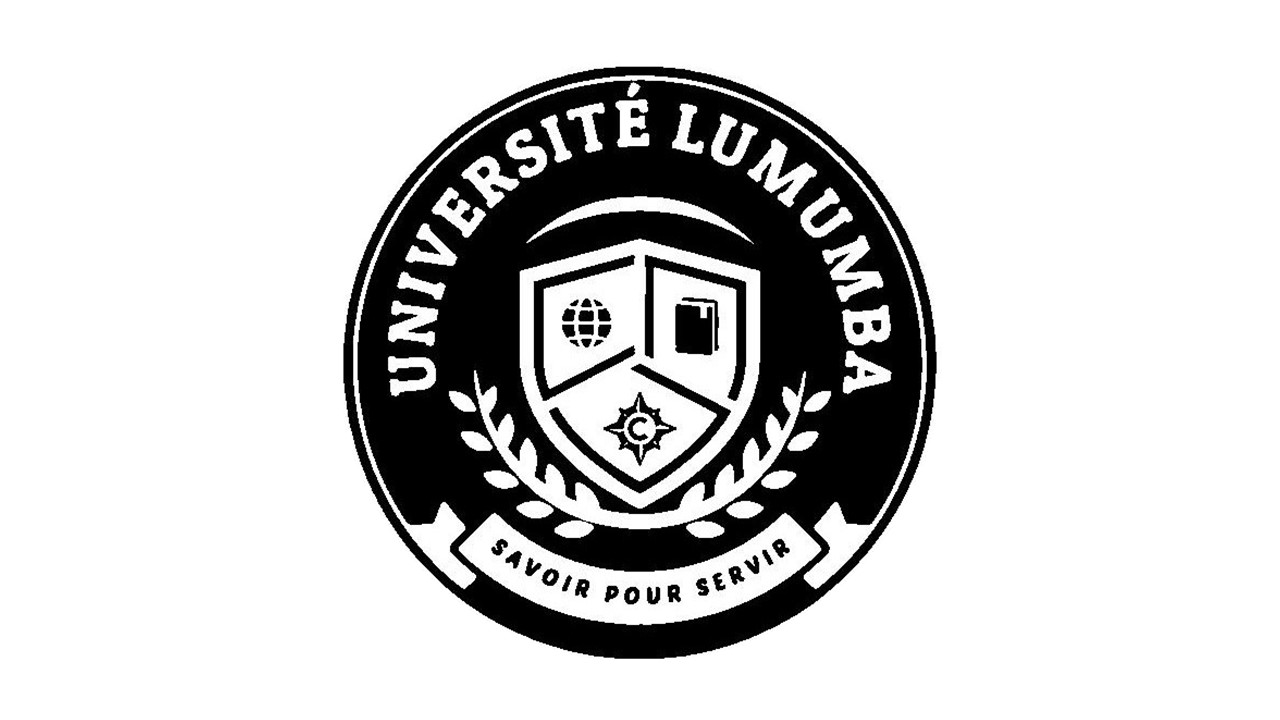Certificate in Heritage and Cultural Tourism
Overview
This program equips students with the knowledge and skills to develop, promote, and manage tourism centered on heritage and cultural experiences. The curriculum begins with foundational courses in cultural tourism principles, exploring the significance of heritage sites, traditions, and artifacts in creating unique travel experiences. Students study sustainable tourism practices, destination management, and cultural preservation strategies. Practical modules include designing cultural tourism itineraries, leveraging digital tools for promotion, and engaging with local communities to enhance authenticity. Advanced topics cover heritage marketing, ethical considerations, and managing tourism’s impact on cultural and historical assets. The program concludes with a capstone project, where students create a comprehensive tourism plan for a heritage site or cultural experience.
Professional opportunities:
Graduates of the Certificate in Heritage and Cultural Tourism are prepared to work in roles that celebrate and promote cultural heritage while ensuring sustainable practices. Career opportunities include:
- Heritage Tourism Manager: Develop and manage tourism initiatives that highlight cultural and historical sites.
- Cultural Tour Guide: Design and lead immersive tours showcasing local traditions and heritage.
- Destination Marketing Specialist: Promote cultural destinations through targeted marketing campaigns.
- Cultural Event Coordinator: Organize festivals, exhibitions, and events that celebrate cultural diversity.
- Community Engagement Specialist: Collaborate with local communities to preserve and share their cultural assets.
- Sustainability Consultant for Tourism: Advise on balancing tourism growth with cultural and environmental preservation.
This certificate provides professionals with the tools to create meaningful cultural tourism experiences, fostering global appreciation for heritage while ensuring responsible and sustainable practices.
The program curriculum consists of 8 courses (24 credits) and is designed to be completed in 1 year as a full-time student. However, the University provides students with the flexibility to progress at their own pace.
The recommended course sequence from the University
1
| Total Courses | Total Credits |
|---|---|
8 | 24 |
